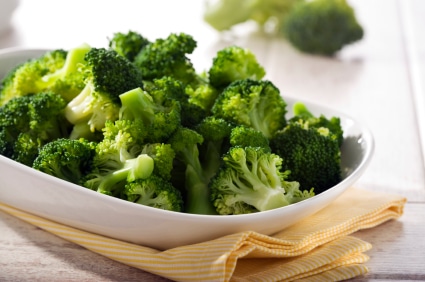Cruciferous Vegetables: How They Fight Cancer Cruciferous vegetables are high in indole-3-carbinol (I3C) and antioxidants including beta-carotene and sulforaphane. Indole-3-carbinol...

Cruciferous Vegetables: How They Fight Cancer Cruciferous vegetables are high in indole-3-carbinol (I3C) and antioxidants including beta-carotene and sulforaphane. Indole-3-carbinol...
